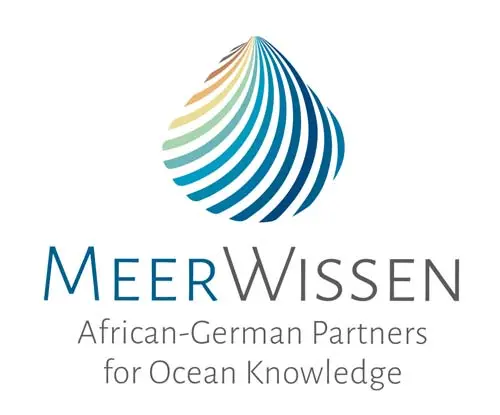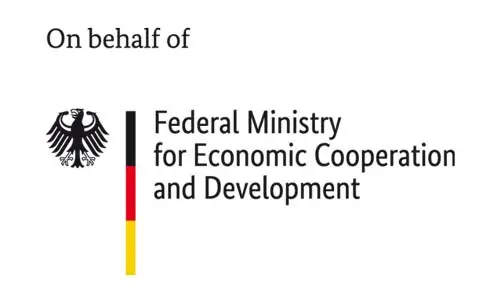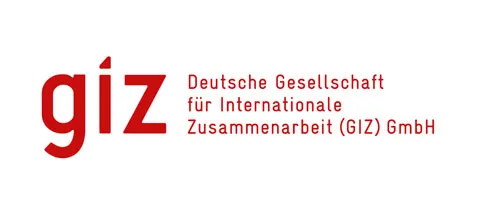ENHANCING SCIENCE-TO-POLICY UPTAKE IN THE WESTERN INDIAN OCEAN REGION
Scientists are increasingly engaged in supporting policy uptake of their work. Whether this engagement emerges from personal conviction or external pressures, the discussion is increasingly moving beyond whether scientists should be concerned with the policy uptake of their work and is instead now focusing on how this can best be achieved. This report was commissioned by the Western Indian Ocean Marine Science Association (WIOMSA) as part of the MeerWissen: African-German Partners for Ocean Knowledge programme – a programme funded by the German Federal Ministry for Economic Cooperation and Development (BMZ) and implemented with support from GIZ. The researchers involved in MeerWissen projects (www.meerwissen.org) are the primary intended audience for this report, but it is hoped that the report will be of use to other researchers and policy stakeholders in the Western Indian Ocean region and potentially in other regions too. The report provides an overview of current thinking on the science-to-policy interface, including a brief overview of relevant theory and a discussion of the policy cycle as a key framing concept to inform science-to-policy engagement. The report includes nine case studies from the Western Indian Ocean region and six international case studies, which seek to illustrate how principles of effective science-to-policy uptake have played out in real-world experiences. Key insights from the literature on the science-to-policy interface are presented, with a focus on pragmatic, accessible examples, which are used to develop a set of guidelines on effective science to policy interactions.



